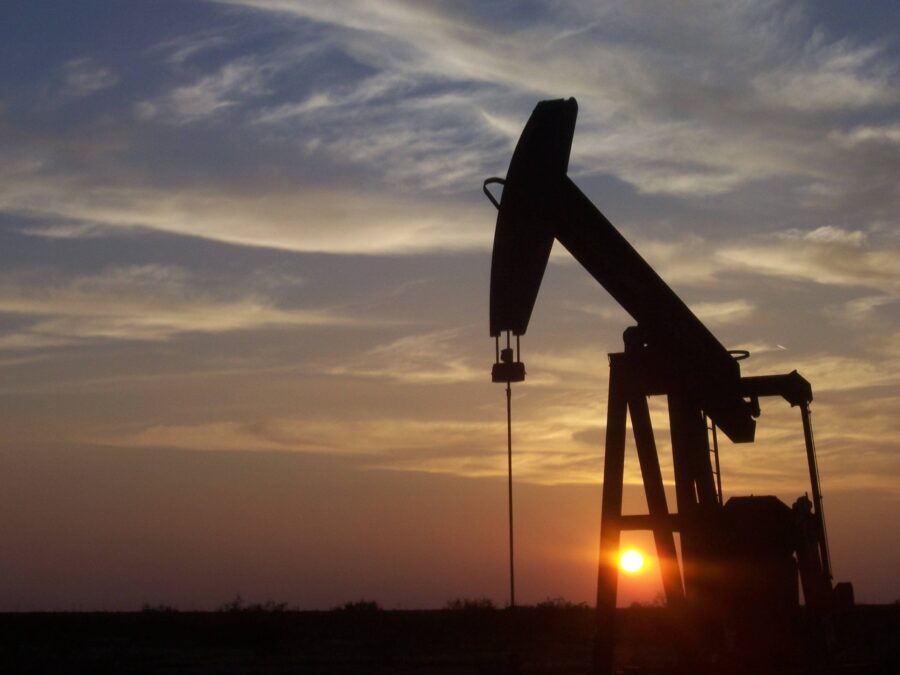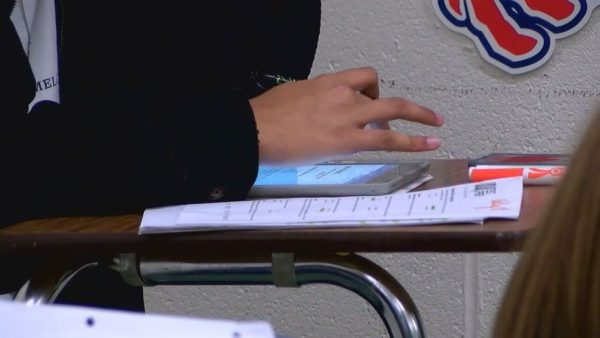Students Weigh In On The Willow Project
On March 13, 2023, the Biden administration approved the Willow Project. The Willow Project proposes a 30-year long drilling venture at Alaska’s North Slope in the National Petroleum Reserve. Oil is drilled through the process of hydraulic fracturing, which involves injecting high pressure liquids into the Earth’s crust to fracture rock formations and extract fuels. Up to 180,000 barrels of oil are to be extracted per day throughout the course of the project. According to the Energy Information Administration (EIA), the United States’ rate of consumption is at 20.28 million barrels per day.
AP News stated that greenhouse gases released over the 30-year period are “roughly equal to the combined emissions from 1.7 million passenger cars over the same time period.”
Some believe that the Willow Project strays from President Biden’s plan to cut carbon emissions in half by 2030.
“The Willow Project is massively detrimental to the beautiful ecosystem of Alaska and simply provides more oil to the United States economy, while we are supposed to be transitioning away from fossil fuels. The Willow Project is temporarily effective in creating a stopgap for the ongoing crisis of decreasing oil supplies but will not provide a permanent solution,” junior Ethan Peters said.
Peters, who is in GT Research, is knowledgeable about climate-related issues and strongly supports green energy and a carbon-neutral future.
Over five million people on change.org have signed the “Say No To The Willow Project” petition, which cites a transition from fossil fuels to clean energy sources in the coming decades and the habitat destruction that would be caused to Alaskan native lands.
Hydraulic fracturing sites deteriorate the natural ecosystem by degrading the land, disrupting migration routes, and harm native flora and fauna. During the process of fracking, potent amounts of methane are released into the atmosphere. Fracking near residential areas raises concerns of noise and air pollution. While the process of drilling has negative environmental impacts, there are economic benefits.
“I was surprised to hear that the Willow Project was approved because environmentalists and Democrats in the Biden administration overall claim that the environment will be worse off because of it. One positive would be that the United States doesn’t have to depend on foreign oil and the US economy is improved,” junior Connor Crossan said.
One of the main reasons Alaska state lawmakers and the local Alaska Native village corporation support the Willow Project is because of the revenue Alaska generates by allowing oil drilling. Alaska’s economy is heavily reliant on oil drilling. According to Alaska’s Recourse Development Council, their oil industry generates a quarter of jobs and accounts for nearly half of their economy. Students express concerns about what the Willow Project represents for the United State’s fuel supply.
“I don’t think that the Willow Project will address the underlying problem, which is that the US needs some kind of sustainable fuel source. One thing that it does is reduce reliance on foreign oils. But drilling sites harm plants and animals and have horrible effects on the environment. There’s both ways to see it,” sophomore Neha Trikha said.
Data from the EIA states that the United States imports 8.32 million barrels of oil per day, which is approximately 41% of the US total oil consumption. There are arguments for and against the Willow Project, and future impacts on Alaskan native lands and the climate crisis will be observed over the upcoming decades.

Hi, my name is Srileka, and I’m a junior. I’m in my second year of Journalism, and I’m a writer. I love reading, writing, and I’m involved in a...







